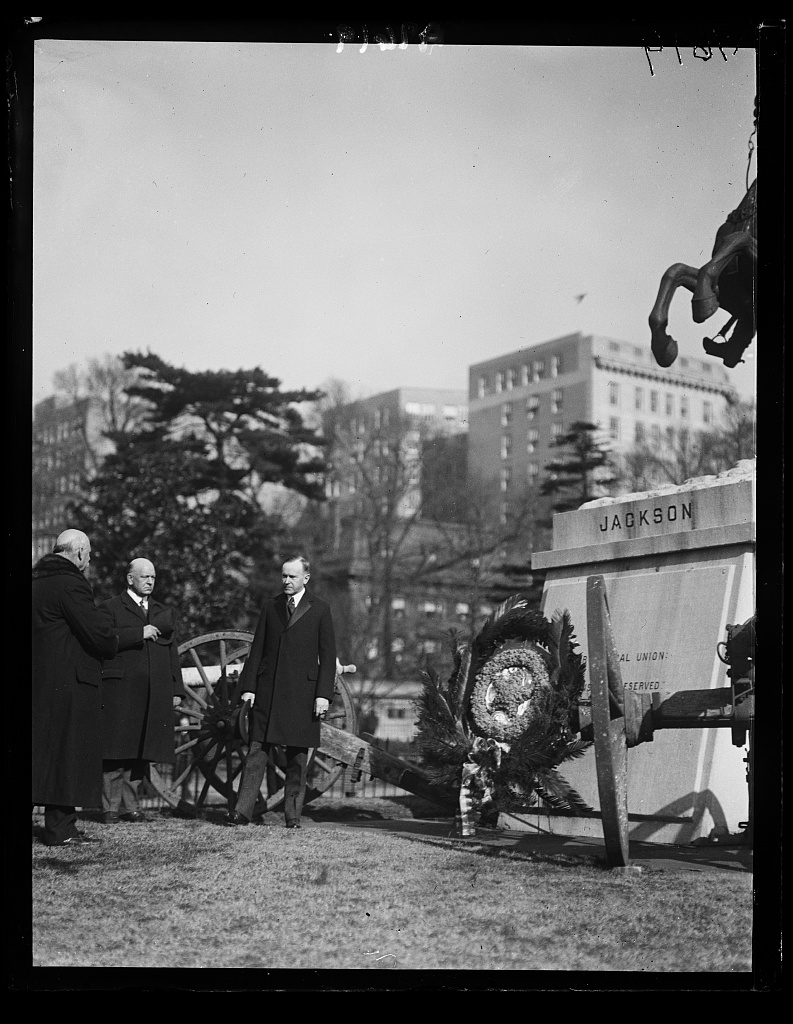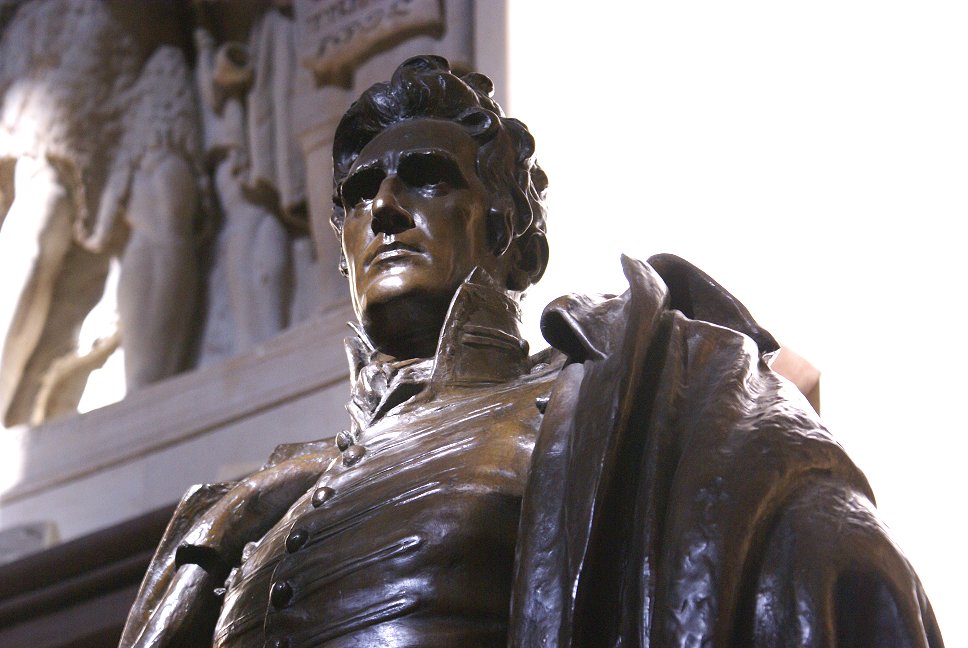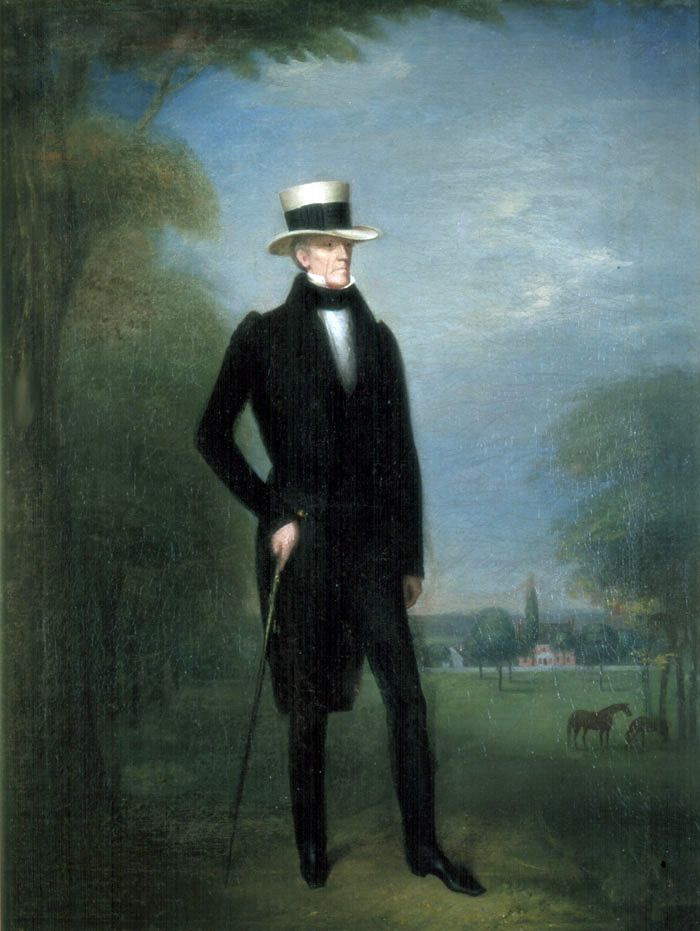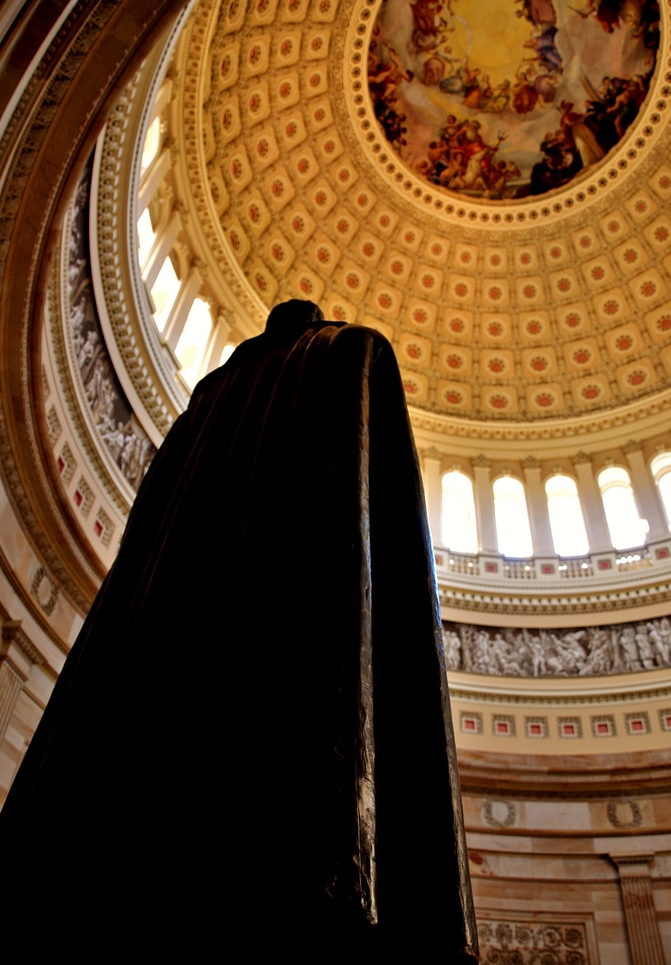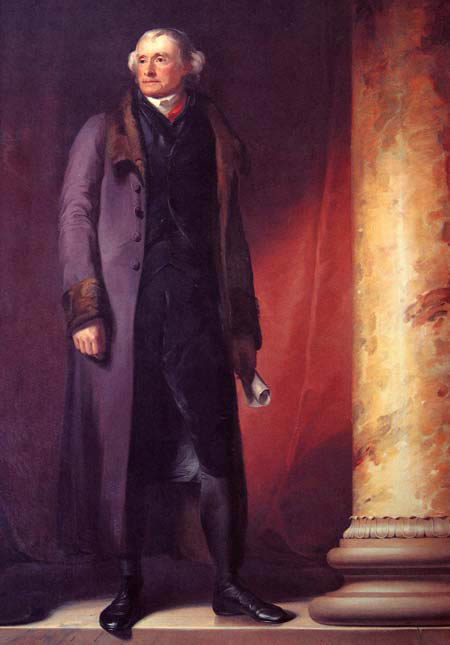The younger, smaller but historically relentless competitor of the Associated Press, United Press Associations, as it was originally known, broke coverage on some of the most pivotal events in history. It was the first to announce Armistice to the world in 1918 from France, the first to cover developments during the Second World War through reports obtained directly from various points in the European theater, the first to disclose the horrific assassination of John F. Kennedy and the first to secure interviews with most of the twentieth century’s foreign leaders, from Emperor Hirohito to Joseph Stalin to Adolf Hitler. Under its President, Roy W. Howard, the United Press achieved a preeminent reputation for world news coverage throughout the Coolidge years, upholding its motto, “Get it First, but First, Get it Right.”
Looking back over its first twenty years, the organization that had begun in 1907 with E. W. Scripps combining three Midwestern papers, had much for which to be proud as part of America’s press. United Press was hardly resting on its laurels, however. It is illustrative that it not only recognized its serious role in international relations but recognized, by inviting President Coolidge to deliver the address at their twentieth anniversary Dinner in New York City, there was much more a responsible press has to do.
President Coolidge, not about to forgo the importance of balancing a consideration of obligations alongside privileges, would keep this a central theme in his speech before those gathered from the United Press. “It is axiomatic,” he would remind his audience, “that a free press can exist only in a free country. One of the first efforts of all kinds of absolutism is to control the press and the schools as the sources of information and education of the people.” The press enjoyed freedom in this country out of both National and State constitutions, but “it has a reciprocal duty of its own to perform toward the administration of the Government, of giving true reports to the people of the actions of public officials.” The press, if it were to retain its First Amendment freedoms, cannot cover for the wrongs of those in power. The press cannot conveniently hide or twist the truth to suit personal political agendas, protect friends in office, manipulate electoral outcomes or otherwise adopt attitudes foreign to America’s history, people, institutions and interests. To do so, Coolidge knew, “would be to establish a petty tyranny of its own.” Retaining an unsinkable faith in the judgment of the American people, he then boldly asserted, “In America the general sources of information are so numerous and on the whole so correct that any publication which constantly misrepresents very soon becomes marked as unreliable and loses its influence both for good and for harm.”
The President continued, “It is natural that the press should represent the character of the government under which it lives and of the people which it serves. I have come to have a profound regard for the American press because it represent America. In the accuracy of its reports, the intelligence of its comments, and the freedom of its actions, I know of no other country where it is surpassed…Because America is what it is, you are what you are.” However, Coolidge’s praise for what constitutes a responsible free press included warnings about the danger of departing from those standards. “Whenever any section of our press turns on America and on American institutions, and assumes a foreign attitude, every informed person knows that it has fallen from the high state which is our common heritage, and becoming no longer worthy of regard is destined to defeat and failure. No American can profit by selling his own country for foreign favor.”
The President surveyed the room full of reporters and editors, seeing many who had covered the happenings at home and abroad since the adventurous days of Roosevelt, out of the turmoil of war under Wilson and finally, through the work of reestablishing peace under Harding and Coolidge. Even before he stood to speak, Coolidge recognized the need to explain the Nation’s foreign policy. He started by outlining basic principles, the role America as a new power plays as well as the crucial part the press holds in world affairs. “The policy that our Nation is trying to promote throughout the world is one of peace and good will based on a better understanding through justice and fair dealing.” This was accomplished by relying on three elements to advance this cause. First, the National Government promotes this better understanding as it “comes into contact through its duly constituted officers with the governments and people of other countries.” America is no belligerent country “desirous of oppression or bent on conquest. Our whole history and tradition, the moderation of our Military Establishment and the general attitude of our people, would altogether disprove any such assumption.”
Second, the connections of trade and commerce promote this better understanding. The advantage, Coolidge reminded his audience, was not a one-sided “exploitation” of the world by Americans. Commercial interaction rendered a very strong and vibrant mutual benefit to those who come here from abroad to engage in business, to those who go overseas to lend their skills to opening undeveloped parts of the world and to all who build, invest and serve. It is the law of service in operation after all, Coolidge observed. As such, there is no justification for utilitarian motives, seizure of property or the “failure to give fair compensation for their labor.” Eeach individual’s labor has worth in the market, not merely those with political strength or social standing. Justice and humanity, accurately defined, has to direct our interaction with other nations “to maintain the respect and friendship of foreign peoples.”
Third, the state of the public mind is the most important means of promoting a better understanding. Nations grounded in an ongoing effort to comprehend one another and exercise a healthy measure of good will do not “find themselves at war” overnight. It is after a “long series of misunderstandings and abuses” that the hostile feelings harbored inside the mind break out into the open with the smallest provocation. By preempting this first step, removing the clutter of animosity and unfamiliarity that accumulates between different people through ignorance, the road to just and equitable dealings with the world is made all the clearer. The press can either accomplish remarkable good or inflict great harm in proportion its commitment: either to inform Americans with honest news reporting or merely exacerbate prejudices and enmities with tainted information. “It is for these reasons that the public press, especially the daily newspapers and weekly periodicals, has such an enormous influence in creating a situation that brings the blessings of peace or is fraught with the perils of war.”
Coolidge elaborated plainly how the press can “endanger our friendly relations,” being under no illusions that America’s media does carry this immense degree of influence around the world. If not directly creating war, the press has the ability to injure the indispensable foundation of trust between nations vital for trade and understanding to exist. Yet, if the press were to engage in “constant criticism and misrepresentation of foreign people” prompted by a “narrow and bigoted nationalism,” it would not only misinform at home but foster an unnecessary bitterness abroad. Furthermore, if the press indulges in “malicious and misleading partisan attacks on the conduct of our own Government in its efforts to defend American rights” an outcome equally as destructive results. The President condemned both extremes. Instead, when our Government is proceeding deliberately to “adjust differences,” defend “the rights of its citizens,” and maintain “national dignity” it is necessary that the press exercise “great care…to give the public the exact facts and avoid the appearance of seeming to support the position of foreign governments.” To take such a side against America “only furnishes ammunition for our adversaries,” attacking “our own forces in the rear.”
Coolidge grasped not only the rewards of freedom of the press, he encouraged some of the best journalists of his day never to forsake that behind those freedoms depend great responsibilities. Coolidge reminds us that the press exists to provide the people with the precise facts and honest reporting to be expected from those who are to represent America’s ideals. The press is to render its support and service to its country because America is worthy of so high a standard of excellence. Consequently, patriotism is not a betrayal of responsible news coverage, it is a manifestation of a free and credible press. It is seen in the daily demand of informed citizens to be armed with the truth and equipped with those facts to better understand the world and America’s righteous role in it. That ideal role endures, not as a force for oppression and exploitation, but as a firm friend of anyone on the side of lawful liberty. That role endures as an advocate of genuine fairness and justice everywhere. But also, that role endures as a peacemaker, laying aside ignorance, martial conquest and nationalist bigotry for a truer understanding and readiness to serve. Love for all that America is is not a narrow nationalism, it is simply a commitment to our eternally right founding principles. Or, as Coolidge ever succinctly put it, “An American press which has all the privileges which it enjoys under our institutions, and which derives its support from the progress and well-being of our people, ought to be first of all thoroughly American.”
